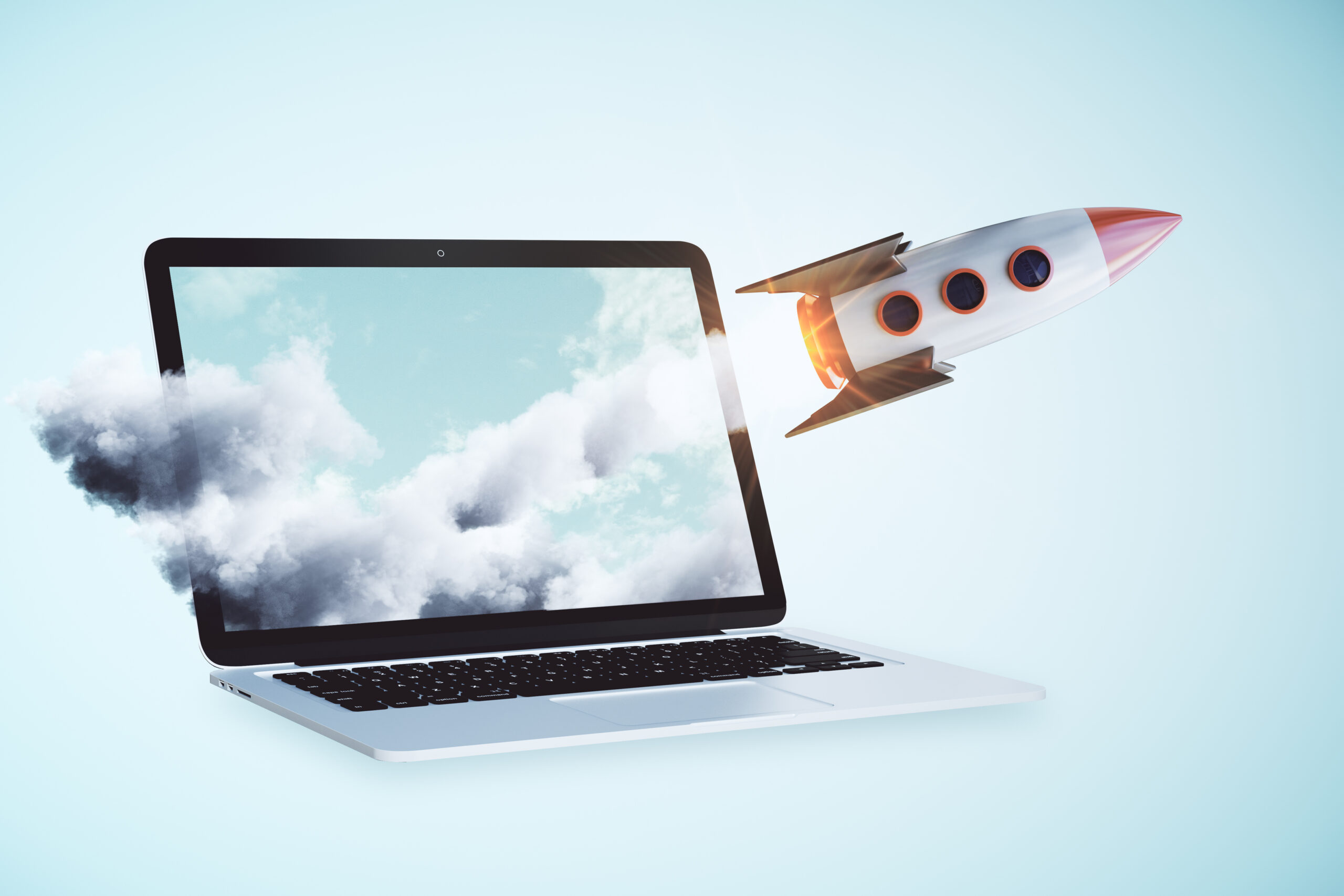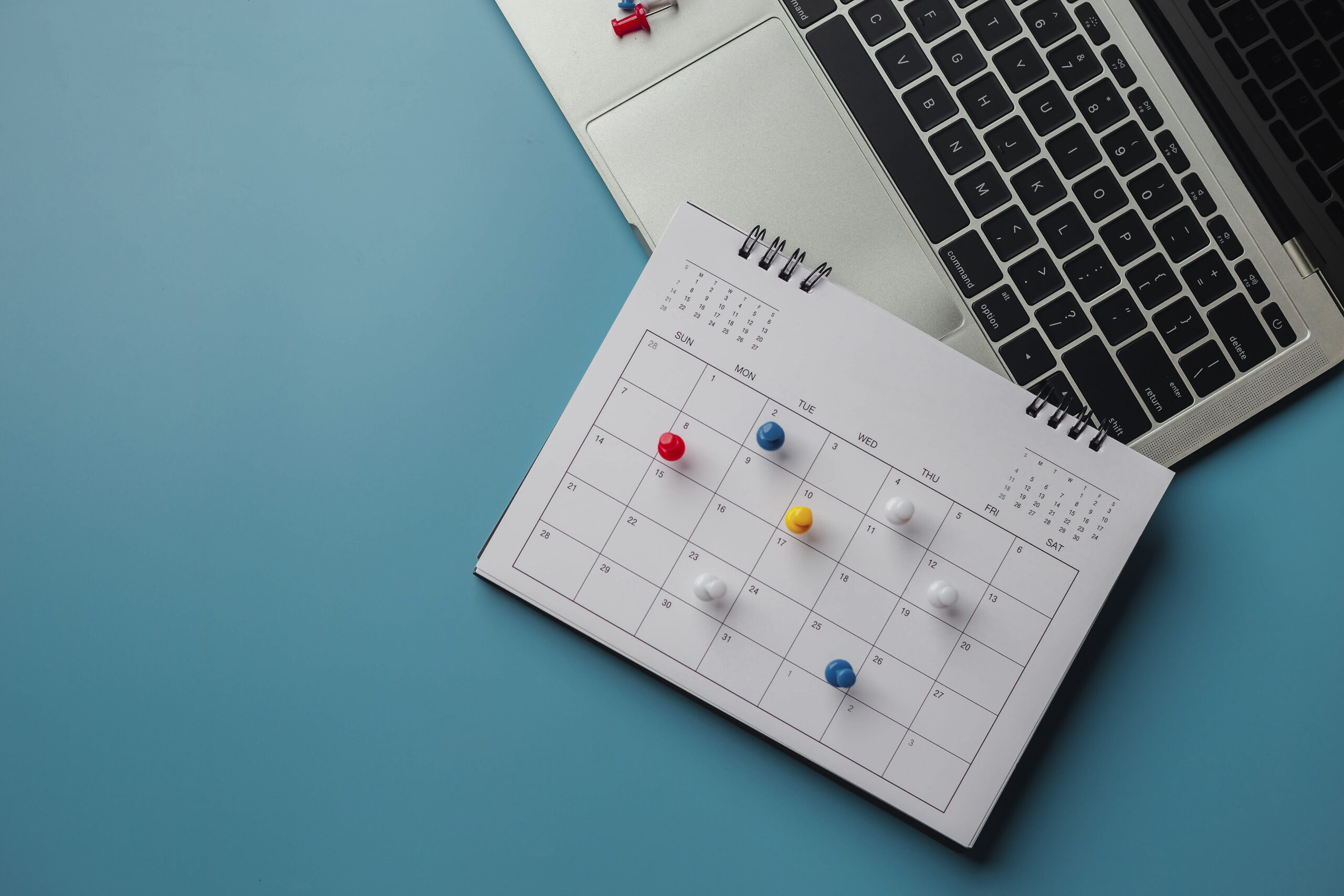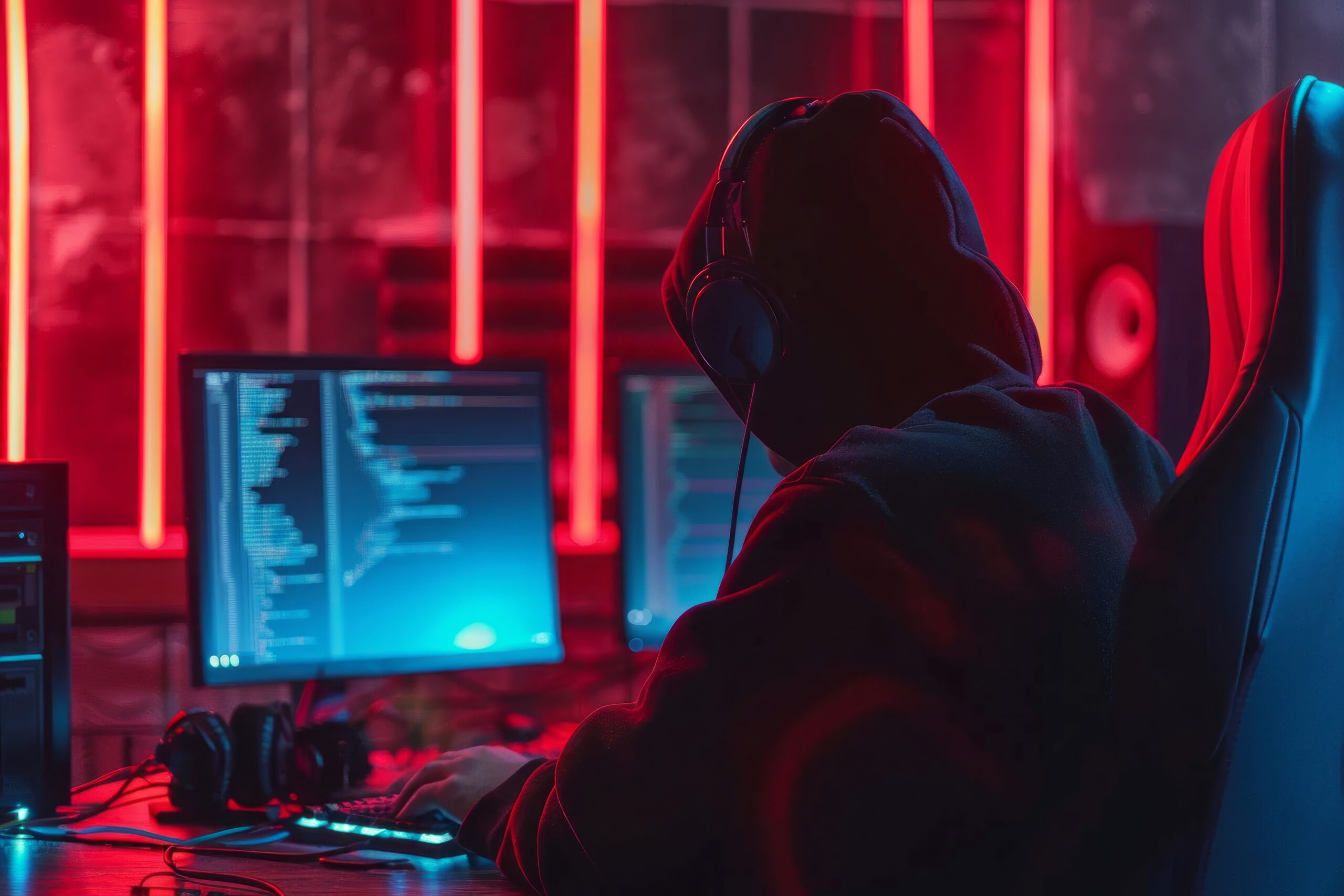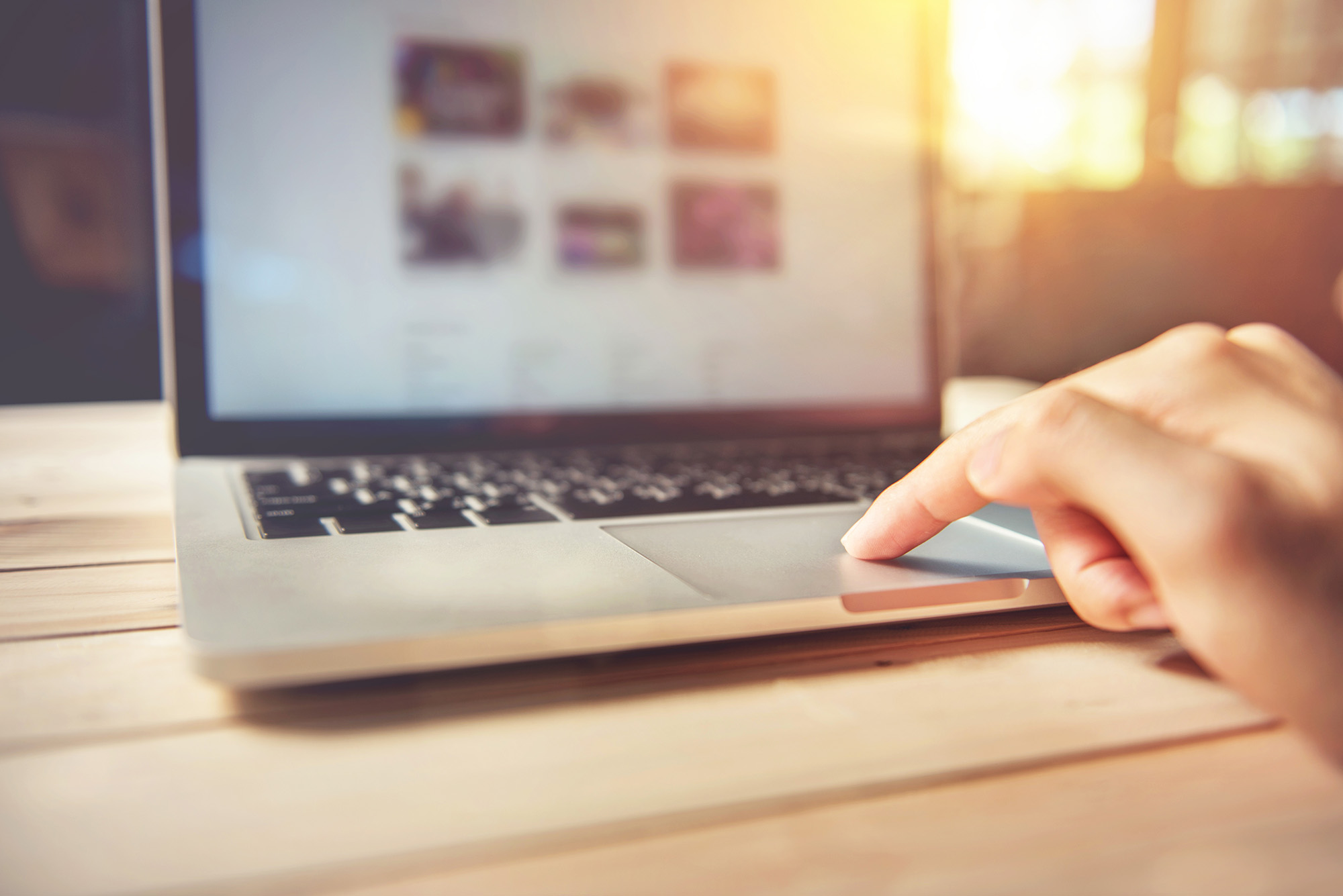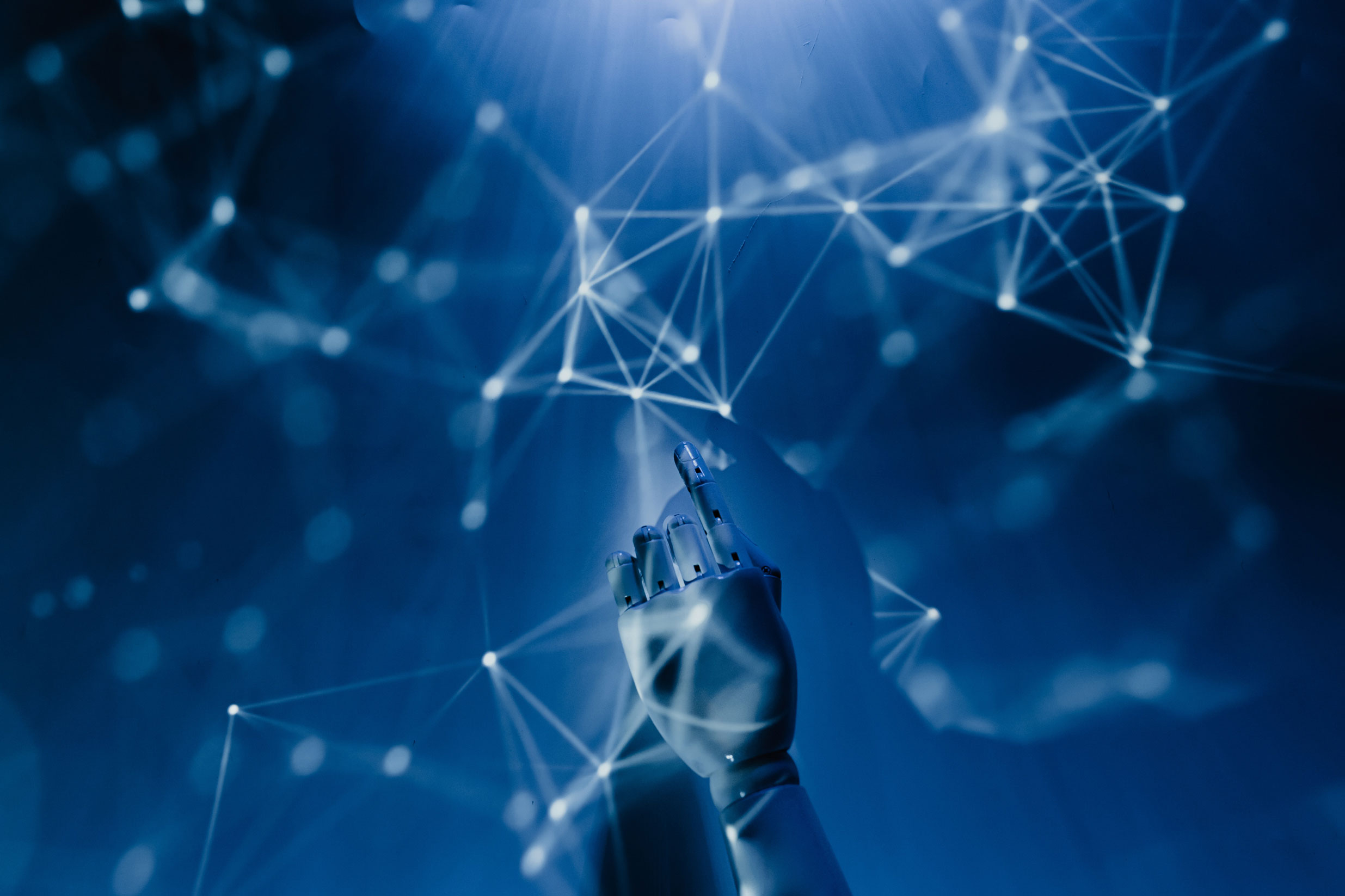
19.4.23
Hi AI, we’ve been avoiding you…
Artificial Intelligence (AI), machine learning (ML) and automation are blazing a trail through industries like manufacturing and logistics, upending decades-old practices. But for creative industries like marketing, their potential is less clear. The idea machines could be creative is unnerving; innovation and ingenuity have long been considered uniquely human characteristics. This apprehension means that, unlike other sectors, creative industries have been largely shielded from the transformational power of AI technologies. But is it time for marketing to embrace the step-change this technology could bring?
AI’s supporting role
ML, AI and automation have been working behind the scenes to optimise marketing activities and take over repetitive tasks for years. They enhance marketing activities by assisting with digital ad placement, completing sales forecasting and optimising a huge range of digital outreach strategies. It’s when these technologies take a step-up, as they did almost eight years ago with the launch of the first outdoor AI marketing campaign, that their creative potential becomes more evident. As Saatchi and Saatchi’s poster optimised based on how long people looked at it, this experiment revealed how AI can help marketing shake off its inherent biases. It raised the possibility that technology, not marketing professionals, would give a more accurate indication of the creative outputs people want to look at.
Bringing value to the sector
In marketing, our core purpose is to understand and persuade customers. Thanks to its ability to process vast quantities of data, ML can help further this aim, as the poster optimisation experiment proves. By building a comprehensive picture of its subject, it’s a powerful way to understand customers and make predictions about their behaviour. For creative choices, it can augment decisions about font selection, image placement, word choices, colour schemes, sentence length and more to ensure collateral has the strongest impact on viewers. AI’s potential to optimise creativity means that, according to Harvard Business Review, marketing decisions should be automated “wherever possible”, because “this is where the greatest returns from marketing AI will be found”. In this future, only “the most consequential questions” would be decided by a human.
Should marketing professionals be worried about AI?
For those of us who’ve built careers out of honing our creative marketing skills, should we be worried by this shift from human to machine? The answer is nuanced but, in all likelihood, no. Like other technologies throughout human history, AI will be something innovative individuals adopt as part of their creative process. For many, it will be another tool in their creative arsenal, not a replacement. Consider photography which, far from replacing other forms of artistic expression, is now a creative industry and artform in its own right. As the Artificial Intelligence Review predicts: “maximum benefit from AI will be derived where its focus is human-centric — where it is designed to augment, rather than replace, human creativity”.
To speak to a human about your next marketing campaign, please get in touch! We’d be happy to talk through how our team of creative and personable marketeers can build a powerful campaign strategy that best fits your organisation’s needs.
